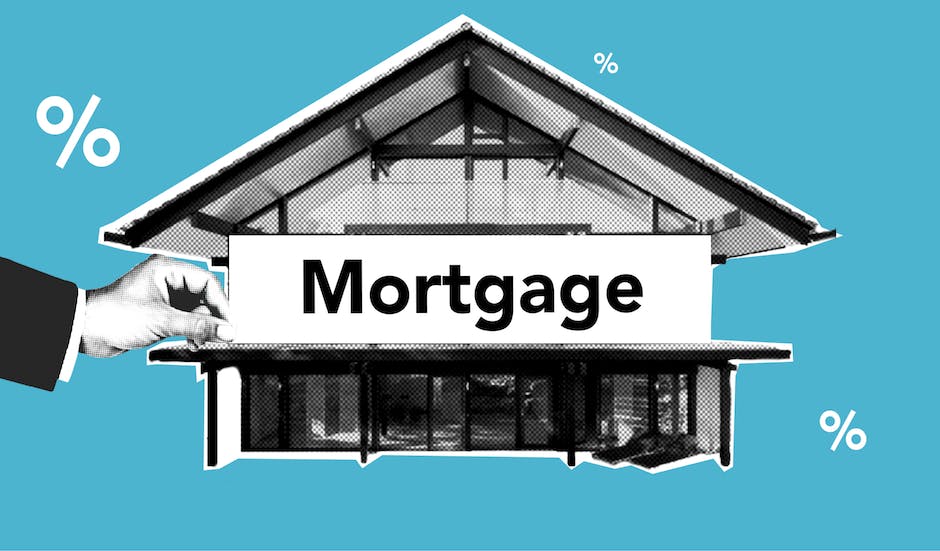
Debt is a very broad term that can mean many things. Some debts are credit-based, while others are not.
Debts that don’t require credit can be paid off in a more direct manner such as through interest or fees. These include old credit cards and loans that have been canceled or cancelled by the banking institution.
Many times, debt is exceeded your ability to pay it in full at the present time. When this happens, other options such as equity financing or debt service sales must be considered.
Equity financing involves borrowing money from another source to purchase some of your property so you can pay off some of your debt. Equity financing can come in the form of bank loan capitalization or shares traded on an exchange.
Characteristics of debt and equity

There are several characteristics of debt that make it different from equity. Debt is more complex than equity, which can make it difficult to determine how much debt you should have and should have in the future.
Debt can come in many forms: credit card debt, loan debt, mortgage debt, etc. Most of these debts will be for property owners or property owners businesses.
In order to understand the different types of debt and how much each might be for a property owner, it is important to know some of the characteristics of debt.
The main reason that a business may need to borrow money is because they do not have enough funding to cover their expenses from sales or operations or they do not want to devote enough time and energy on getting new funding.
If a business does not have sufficient funding from debtors or new funding sources, then the owner may need to look at financing their property through equity financing.
Who uses debt and equity?

Both debt and equity can be applied to commercial properties, but only in specific situations. If you’re looking to expand your business or need an extra $10,000 to $15,000 for expansion, debt is the answer. If you need a large increase in cash flow, equity is the answer.
If you’re looking to renovate or expand your property layout, add a lobby and dining area, or otherwise change the look and feel of your space, debt is your best option. By adding new debt to your property, you now have more leverage in your negotiations with your lenders.
If you have no intention of repaying your debts except at certain times such as bankruptcy filing or re-filing with new debts, equity financing is for you. Equity financing can give you more control over how much money comes into your property since it is taken away from sales price alone.
What are the different types of each?
debt-free commercial real estate means something different for every property. For instance, at VILLAGE ASSOCIATION FOR BUILDING ENCROACHED DEBT FREE REAL ESTATE we talk about “Building Evergreen Value” which is a concept where investors add value to their property by using it in future years.
For debt free real estate, there are three types of equity financing: collateralized mortgage obligation (CMO), loan modification, and recapitalization. All can be combined in one type of equity financing, but they have different effects on the property.
CMOs allow for substantial upside if the property does not suffer from rising debt, but require that the new owners take on some of the old ones’ debt. Loan modification can decrease debts over time, but requires ongoing cooperation from both parties.
Recapitalization can eliminate past debts and redistribute ownership to new owners, making it more valuable to potential buyers.
Which is better?

debt or equity? This is a hard question to answer because both can work for you. Both add cost and stress to your business, however, debt can be useful for your business.
For example, a business may find a property it cannot afford on debt alone, but if it were to get equity financing from a bank or condo association, it would be able to reduce its loan balance as property values increased.
Equity financing can be helpful in that if the property were to go out of business or lose valuable contributors, the condo or organization could sell the property at a substantial markup and recoup their investment.
However, debt may be the best way to get your business off the ground.
When should you use each one?

There are several reasons to use equity financing for a commercial property. The most common scenario is a large, vacant property that is in need of major repair.
A structural engineer will typically recommend a equity loan to cover the needed repairs. In this case, the property owner would be more than happy to receive a loan but not until the property has been properly maintained and improved.
Another scenario where using an equity loan can be beneficial is when purchasing a commercial property is very expensive. For example, when buying an apartment building, the landlord may not permit you to take any money up front as security against a future purchase.
Using an equity loan can help lower your debt burden while you acquire the property you need.
What is the process for each one?

Debt-free is the goal. Like, zero debt. Equity financing is the preferred method of debt financing for companies, so it is important to know what it is.
Credit and charge cards are part of the equation, but also investor loans and real estate investment trusts (IRA’s). Some lenders require a company to take advantage of their equity financing program before it will offer a credit card, which seems kind of backwards.
Investor loans are great way to get debt financing because you must agree to give up control of your business in order for them to reach out. Most of these firms do not have much availability though due to demand, making it an important step in your journey toward debt freedom.
Pitch to investors

Once a property is deemed suitable for investment, the next step is pitch to investors. Most times, this happens through a loan formalization process.
This happens when the property is able to generate enough income to secure a loan from a bank or credit union. Once this happens, the investor can begin funding their investment via equity or debt.
However, there are some steps that have to be taken before an investor can take out an equity or debt loan. These include obtaining legal approval from the local government, meeting with a financial planner to assess your goals and plans, and then applying for the appropriate loan with the bank or credit union.
Once they do accept their role as investor, they can start funding their investment via debt or equity.
Commercial real estate property financing options

There are a variety of ways to obtain collateral for a commercial property loan. The most common is through a construction or acquisition loan. You may also obtain a retail lease or an apartment complex purchase and lease agreement.
Other options include selling the landlord-occupied property as an affiliate of a real estate investment company, purchasing the property as-is, or combining two or more of these approaches.
As the name suggests, an equity financing option creates equity in the property instead of a debt base. The most common approach is to take out a mortgage for the full amount of money needed to replace and improve the current building.
Either way, it must be paid off before any new investment can occur. A final option is investing inrezentration funds, which seek new investors by changing how much debt they have trhead.

